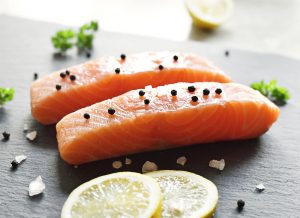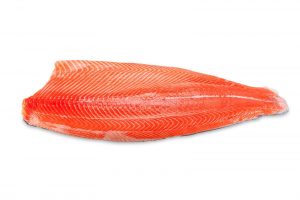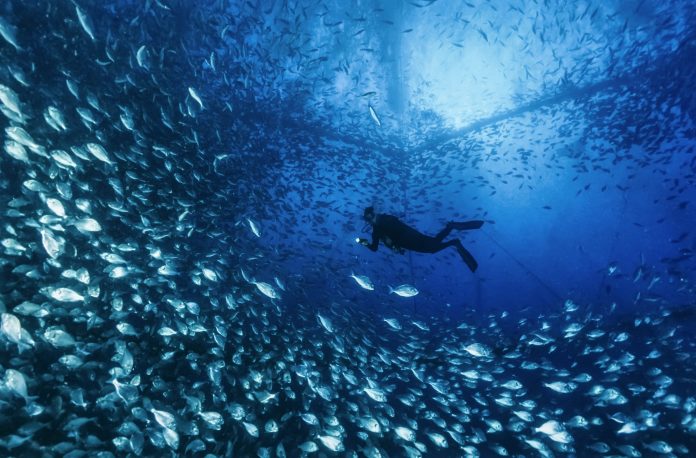The altering landscape around us has called for many changes – including a renewed global push for food security, domestic food production and reduce reliance on imports. With this, has come a demand for recirculating aquaculture systems (RAS) for land-based aquaculture solutions.

SmartAqua and Wiley have teamed up and combine decades of international experience in the aquafarming and seafood processing sector to provide turnkey services for land-based aquaculture, recirculating aquaculture systems project management, processing plant design and construction.
The new team are working on multiple projects with some larger players in the RAS space, as well as existing sea cage operators. They have seen international travel restrictions from COVID-19 cause a massive decline in seafood import and export – both from the supply and demand side.

“SmartAqua have worked with Wiley over many years,” says MD of SmartAqua, Alastair Smart. “With the rapid expansion into land-based farming and the need for turnkey project management of a land-based facility integrated with processing, led to us deciding to formally merge our skillsets.”
Wiley’s Logan Ashmole, Senior Product Manager says the relationship is working well. “We are seeing an increasing number of proposed RAS projects, particularly for salmon-farming – there are more than 50 RAS proposed projects (and counting) to farm salmon on land.
“The total estimated production of these announced projects up to 2050 is equal to 25% of total current salmon production at around 600,000 tonnes.”
Joseph Tuma, SmartAqua’s RAS Specialist, elaborates further on the reasons for growth in the land- based aquaculture sector; “there is a misconception that the RAS concept is still under early development, when in fact the sea cage salmon industry receives their supply of larger and larger smolt from their RAS facilities to provide the 2.4M tonnes of annual salmon production. We have seen smolt sizes evolve from 30g to 100g to 150g, and now in some cases to 0.5-1kg smolt in order to shorten the sea phase and manage risks in the sea, especially around sea lice. The tech is there, and the move to holding fish a little longer to reach sizes of 4-5kg is about managing the scale of the business.
Mr Ashmole concludes: “In general, one of the key strengths of RAS is the local production. If there is one insight to be taken from the global COVID-19 pandemic that has rocked the world this year, it is the need to strengthen domestic, sustainable food production and we look forward to our partnership with SmartAqua to help the aquaculture industry as it continues to grow in the protein market.”



